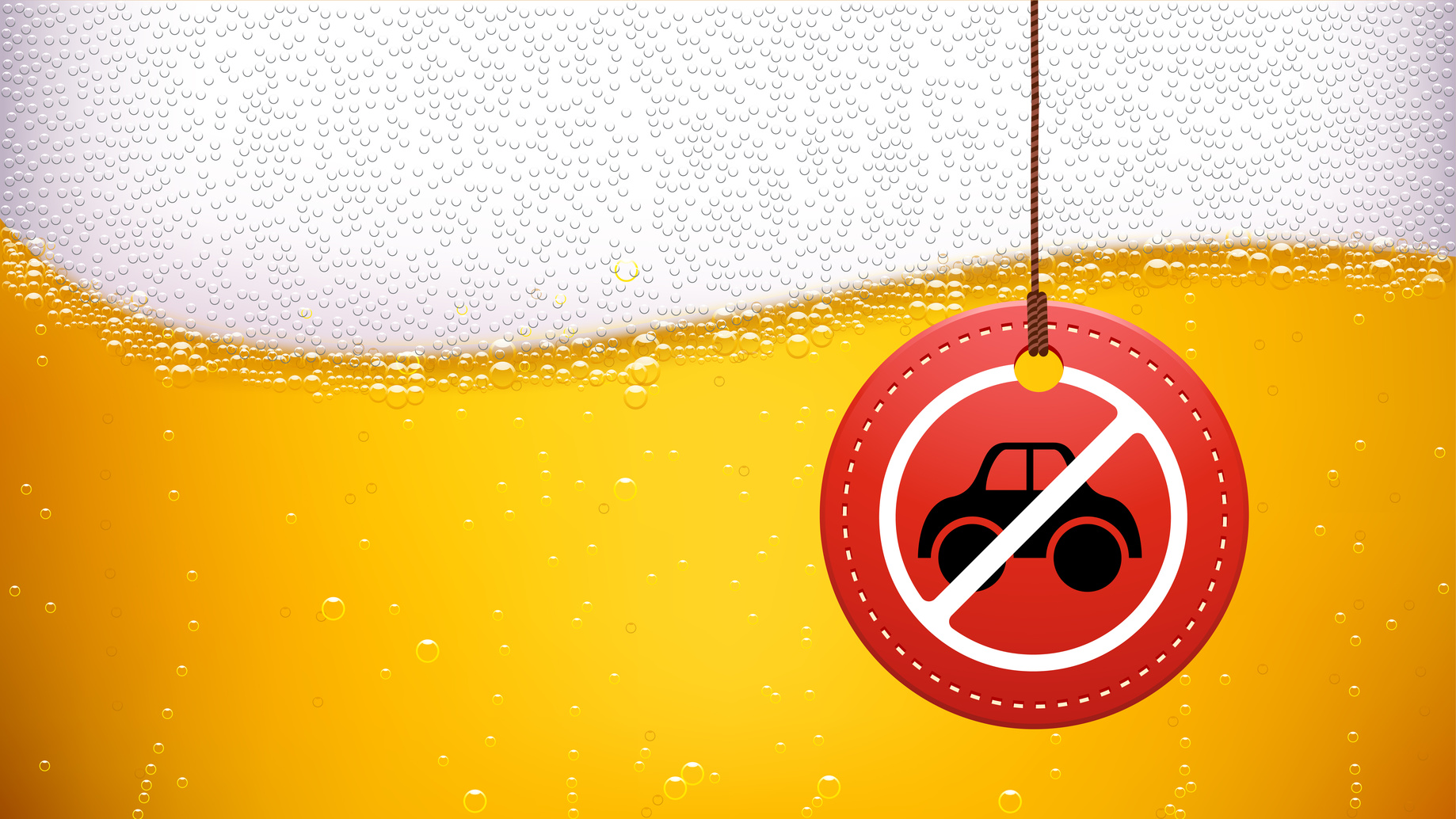
If you are like many Missouri motorists, you may have gotten behind the wheel after having a drink or two at dinner, at a friend’s house, or as part of a celebration. If you are pulled over and subsequently charged with driving under the influence of alcohol or drugs, you may face stiff penalties in addition to the collateral consequences (which may include a damaged reputation, the suspension or revocation of a professional license and higher insurance rates). These penalties become harsher with each subsequent drunk or drugged driving arrest.
Penalties for first and subsequent offenses
Anyone facing charges of driving while intoxicated or driving under the influence of drugs in Missouri will have their licenses revoked for 90 days in addition to any fines or jail time that may be assessed. In some situations, first-time offenders may be able to obtain what is known as a Restricted Driving Privilege (RDP). This privilege allows you to drive for a predetermined list of purposes, such as when traveling to and from work, the doctor, or church or other religious services, but it is not an option for repeat offenders.
Second-time offenders also face harsher penalties than first-time offenders. In addition to not having access to the two types of RDP, second-time offenders who reoffend within five years from the date of the first offense will typically lose their licenses for a period of five years. A second offense that falls outside of that five-year period will still typically lead to a license revocation for at least one year.
Penalties for commercial vehicle operators
Commercial truck drivers are held to a higher standard than regular motorists when it comes to staying sober behind the wheel. While a blood alcohol content (BAC) of.08 percent is typically considered the level of legal impairment for most drivers, commercial truckers can be convicted of a DWI if their BAC is just .04 percent. They will also have two points added to their driving records and be barred from operating commercial vehicles for a year.
The penalties associated with driving under the influence are substantial and often life-changing, whether it is your first, second or third offense. Punishments tend to grow in severity with each subsequent offense, however, so if you are facing a DWI charge, it you may want to speak with a qualified attorney.




